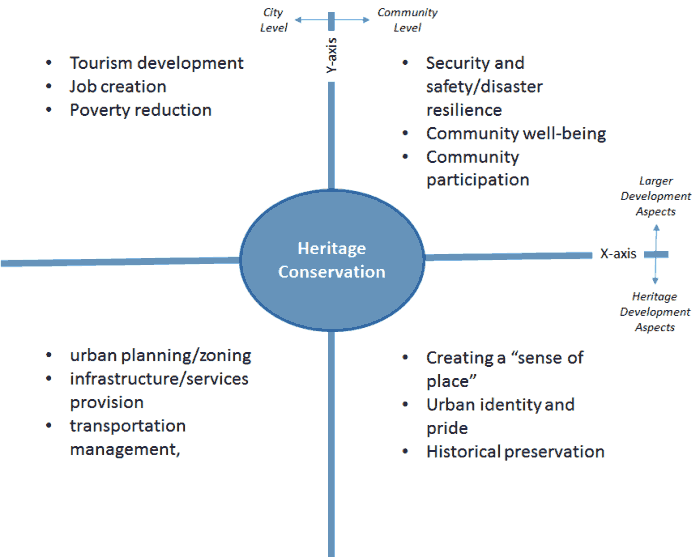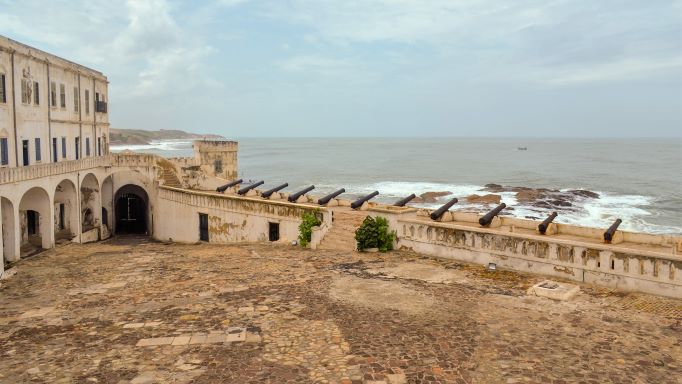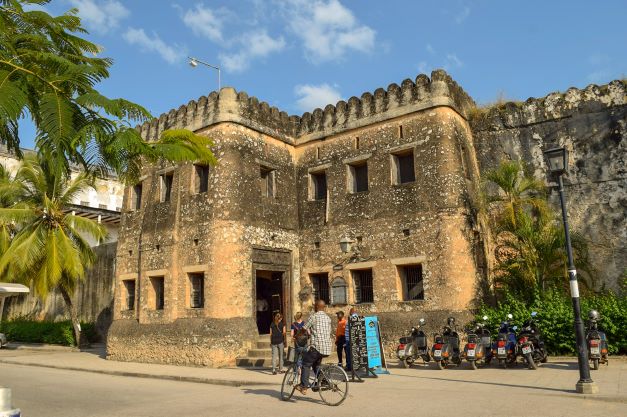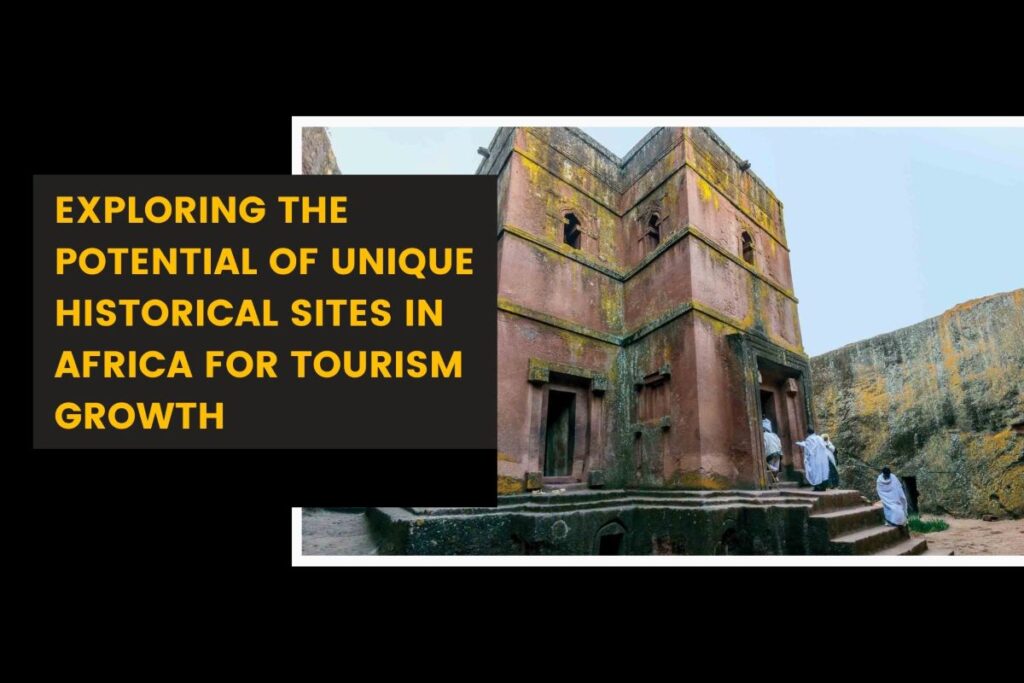By Anniey Mwangi
Hujambo and a happy new month! Our focus this week, is on exploring the potential of unique historical sites in Africa for the growth of tourism.
Africa is a continent with a fascinating history and a rich cultural heritage that spans thousands of years. This continent has a wealth of unique attractions that are waiting to be discovered, and the tourism industry has the potential to bring significant economic benefits to the continent.
How do we explore the potential of developing unique historical sites for tourism? What are the factors that need to be considered in order to ensure that this development is done in a sustainable and responsible manner? Let us delve into the fascinating world of African history and culture, and discover the potential of these unique sites to attract tourists from around the world.

One of the key factors to consider when developing historical sites for tourism is sustainability. The impact on the environment, local communities, and cultural heritage should be considered. Sustainable tourism practices can help to minimize the negative impacts of tourism and ensure that the benefits are distributed fairly.
For example, transportation should be developed in a way that is compatible with the local environment and cultural heritage, and accommodation should be built in a way that preserves the natural landscape and local architecture.
Another important factor is the involvement of local communities in the development and management of historical sites. By involving local communities, they can benefit from the economic opportunities that tourism presents and can also help to preserve their cultural heritage. Community involvement can take many forms, such as training local tour guides or involving local artisans in the production of souvenirs.
Developing the necessary tourism infrastructure is also essential for the growth of the tourism industry. This includes transportation, accommodation, and other facilities that cater to the needs of tourists.

Developing this infrastructure in a way that is compatible with the local environment and cultural heritage is essential to ensure that the sites remain attractive to tourists.
Preserving cultural heritage is also an important consideration when developing historical sites for tourism. This includes the preservation of physical structures, artifacts, and intangible cultural heritage such as traditional practices and beliefs.
The preservation of cultural heritage can be achieved through a range of measures, such as restoration and conservation, and the promotion of local cultural practices.
Effective marketing and promotion of historical sites for tourism is also essential to attract tourists. This can be done through the use of traditional marketing methods as well as digital marketing channels, such as social media.
By promoting the unique historical sites of Africa, tourists can learn about the rich cultural heritage of the continent and be inspired to explore these sites for themselves.

Examples of unique historical sites in Africa that have the potential to attract tourists include Lalibela in Ethiopia, Djenné in Mali, Leptis Magna in Libya, Cape Coast Castle in Ghana, and Tassili n’Ajjer in Algeria, Ngome Kongwe (Old Fort) in Zanzibar, and more.
These sites offer a glimpse into the rich history and cultural heritage of Africa and are a testament to the skill and ingenuity of the people who built them.
In conclusion, the development of unique historical sites in Africa for tourism growth has the potential to bring significant economic benefits to the continent.
By taking a holistic approach that includes sustainability, community involvement, infrastructure development, cultural preservation, and effective marketing, Africa can unlock the full potential of its tourism industry. Through the promotion and preservation of its unique historical sites, Africa can showcase its rich cultural heritage and attract tourists from around the world.
We hope that this article has shed some light on the potential of exploring historical sites in Africa for tourism growth and encourages further exploration of the continent’s rich cultural heritage.



